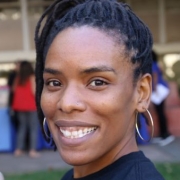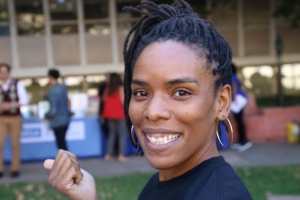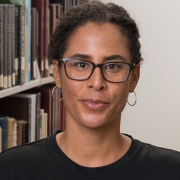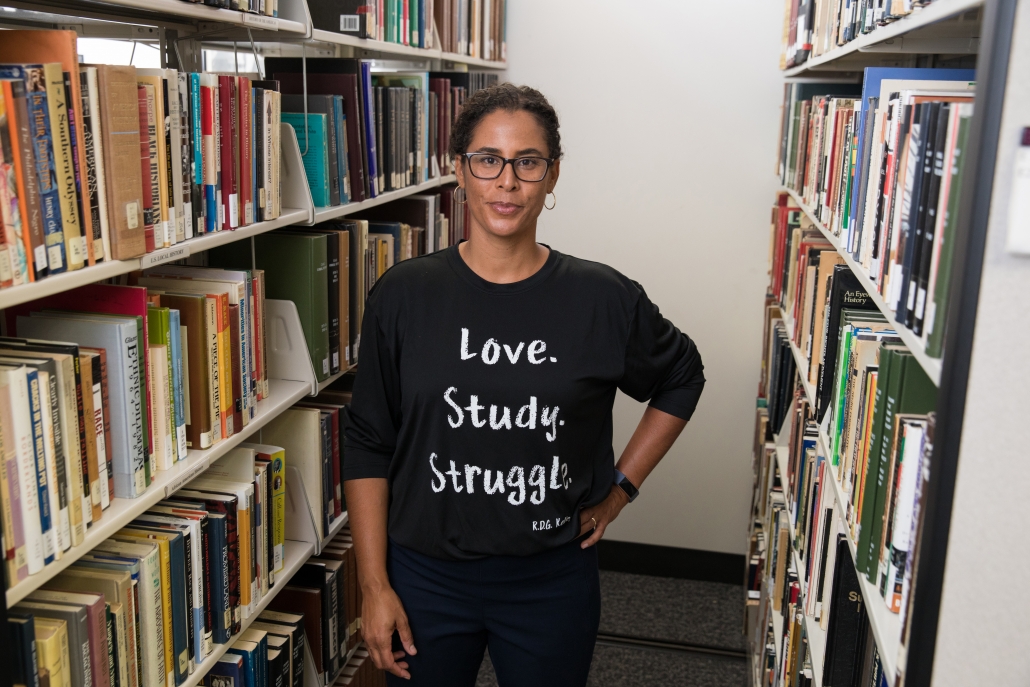
Photo Credit: CNN.com
Professor Vinay Lal, UCLA Professor of History and Asian American Studies, has an informative blog titled, “Lal Salaam: A Blog by Vinay Lal.” Recently, he has written “a series of articles on the implications of the coronavirus for our times, for human history, and for the fate of the earth.”
Last week we presented his first three essays, the following is a full reprinting of his fourth essay, “The Coronavirus and the Humbling of America,” (April 7, 2020), in the series:
One of the most striking aspects of the novel coronavirus pandemic which has created an upheaval all over the world has to be the astonishing sight of the world’s richest society brought to its knees and appearing as a suppliant before the very country, China, that it holds responsible for the virus. No doubt everyone serving the sitting President will take deep offense at this suggestion, and certainly the United States has made every effort to show to the world that, if anything, it intends to capitalize on this opportunity to further punish its enemies and show that it remains the world’s predominant power. “While coronavirus ravages Iran,” noted the Washington Post in a headline two weeks ago, “U.S. sanctions squeeze it.” The United States has not only ignored calls to suspend sanctions against Iran and Venezuela, but has rather ramped up the pressure against what it terms “rogue states”. The Department Justice a few days ago unveiled charges of drug trafficking and money-laundering against Venezuelan President Nicolas Maduro and over a dozen other high-ranking officials. One can readily believe that the Ayatollahs in Iran and Maduro and his ilk in Venezuela have done little for their own people, but they do not go around peddling themselves as God’s gift to the world. Evidently, if the United States is the example before us, nations do not become imperial powers by practicing humanity, much less chivalry.
As I write these lines, the United States has 387,000 confirmed cases of COVID-19, nearly five times the number of cases in China where the outbreak first occurred. China accounted, until well into mid-February, for the preponderant portion of the coronavirus cases around the world, and even as late as March 15th it accounted for more than half of the 5,833 deaths attributed to COVID-19. It is a different world today, three weeks later: nearly 12,300 Americans have been felled by COVID-19, and the United States accounts for more than a quarter of coronavirus cases globally. To take only one illustration of the desperate situation into which the country has been flung, at his daily press conference on April 4th, New York Governor Andrew Cuomo noted that he expected that his state required 17,000 ventilators, but that the nation’s entire stockpile of ventilators amounted to 10,000.
We have lived in an enumerative world since the early 19th century, one in which we acquired, so to speak, an unquenchable taste (as Mary Poovey has described it) for “the fact” and, in the words of UCLA historian Ted Porter, a “trust in numbers”. COVID-19 occupies many worlds and imaginaries, and the statistics in its wake have an obsessive and troubling quality of their own. One wakes up in the morning and turns to the Johns Hopkins corona global map, or to worldometers.info, to get the most accurate and updated figures charting the menacing spread of COVID-19. But, apart from cases and fatalities, there are the constant references to many millions of masks, gloves, and test kits, tens of thousands of ventilators and ICU beds, a $2.2 trillion relief package over which the Republican wolves in the White House and present administration desired no oversight but their own, ten million unemployed in the United States in virtually an instant, and more: the numbers come as an onslaught.
What astonishes the most, however, is the daily news items and vivid stories about the acute shortages of masks, ventilators, personal protective equipment, and hospital beds. Until two weeks ago, most cities and municipalities in the US barely even had any test kits. Doctors and health care workers throughout the country have described their desperation and their mounting fear that patients will simply have to be left to die. The stories of these shortages are now legion; the fear that medical workers, and those who work in grocery stores or in other “essential” services, experience is palpable. Moreover, since the Trump regime has essentially left states to fend for themselves, the states have been forced into a bidding war among themselves for ventilators and medical equipment. Lately, as Trump has come under attack for doing too little too late to tackle the pandemic, the Federal Emergency Management Agency (FEMA), has even outbid the states. Apparently, even as the pandemic rages on, the principles of the free economy must not be abandoned and vulturous capitalists must be rewarded.
Let us not even speak of the fact that, as has happened so often in the past, many Americans still think of “big government” with utter disdain and that the mere taint of “socialism” is enough to discredit a person such as Bernie Sanders in the eyes of a substantial portion of the electorate, but that no one appears to be objecting at this juncture to all but the wealthiest Americans receiving hand-outs from the federal government. The questions that are coming to the minds of outsiders to the country are these: How has it come to pass that the United States, with a little less than one-fifth of China’s population, now accounts for a quarter of the world’s cases? What can be more pathetic and disgraceful than the sight of the world’s wealthiest country having such disregard for its own people? What kind of spectacle does the United States, which is chockablock with Nobel Laureates in medicine and the sciences, and which prides itself on the most advanced medical care that can be found anywhere, present to the world when doctors, nurses, and health care workers repeatedly have to plead for supplies and when their lives have been put at risk?
The commonplace answers may be all too evident to many and yet, as I would suggest, are inadequate. The Boston Globe some days ago opined that Trump has “blood on his hands”, and that the megalomaniac President of the United States has made a spectacle of himself is transparent to everyone. It is on record that for days and weeks he even denied that there was any problem to begin with, confidently predicting on February 26th, when the US had 57 confirmed cases, that COVID-19 cases in America would be “down close to zero”. His claim in the last few days that he can be viewed as having done “a very good job” if the death toll can be kept to 100,000, or even 200,000 people, speaks only to his insufferable arrogance and criminal insensitivity. Trump’s argument that no one could predict the pandemic says nothing at all, and not only because neither could other countries: political leaders get tested not when everything is hunky-dory, but rather when a situation demands a response that is not written down in the existing playbook. What is also germane is the substantial public discussion that has brought to light many other features of the political landscape, some shaped largely by the present government and others more characteristically a part of the American political imaginary: these include, among others, the recent downgrading of government offices designed to address epidemics, the decline of public funding for virus-related scientific research, and the highly fragmented response to the pandemic, particularly in view of the colossal failure of the White House to understand the gravity of the problem, across local, city, and state agencies.
There are other many familiar parts to the narrative that Trump, his political acolytes in Congress, and Fox News, which is to the Trump regime what Goebbels’ propaganda ministry was to the Nazi regime, have put forward: all point to the fact that that the present political regime has a callous disregard for the lives of ordinary Americans, just as this narrative obscures the most important considerations which might help explain why the most powerful and wealthy country in the world has been humbled. It will suffice to bring only two considerations to the fore. First, though overall health care expenditures in the United States outstrip by far spending in any other country, the proportion spent on public health is far less than in other advanced industrialized nations. The British newspaper the Guardian, which often has better reporting on the United States than any American newspaper, put forward the argument graphically with this headline in one article: “Hookworm, a disease of extreme poverty, is thriving in the US South. Why?” American medicine is resolutely focused on surgical interventions, on helping Americans deflect the moment of death and prolonging the lives of the affluent, and on what may be called the pharmaceutical industrial complex. This is only a small catalog of its many ills. There is little or no money to be made in public health; moreover, public health is often dismissed as inconsequential since, on the view of political and medical elites, the lives of the poor, the working-class, and the most disadvantaged minorities are worth little and are even expendable. Everything in the extraordinarily belated, bumbling, even chaotic American response to the coronavirus pandemic points to the deep and pervasive inequalities in the United States and the criminal neglect of the American state towards its own poor, especially African Americans and native Americans.
Secondly, COVID-19’s course in the United States suggests that the narrative of American exceptionalism continues to reign supreme. The most insistent and insidious aspect of this narrative, barring the tiresome rehearsal of the view that the United States is the glorious gift of some special divine dispensation, is the supposition that the United States generally has nothing to learn from other nations. Germany, for instance, has a large number of cases, but a much lower fatality rate than Spain, Italy, France, and some other EU nations: it would seem to have had considerable success in containing the virus by early, rigorous, and sustained testing. Singapore, Taiwan, and South Korea have been exemplary in deploying a series of measures that have had the effect of containing and then mitigating the spread of the virus, even as South Korea, in particular, seemed that it would become the next major “hotspot” of the virus after China—a country which on April 6th, for the first time in four months, has declared no new case of COVID-19. American officials and some public commentators have, quite naturally, been trying rather assiduously to discredit the Chinese communist party’s account of the spread and eventual containment of the coronavirus disease in China, and the claim that China deliberately under-stated the number of infections is being heard with ever greater vigor. No one doubts that the Chinese are adept at obfuscating the truth; but we should also not doubt that America has, time after time, shown that it is singularly unwilling to learn from other nations. There is much to fear from the coronavirus pandemic; but I fear, too, that the United States will be insufficiently, perhaps barely, chastened by this experience. It takes some gift to learn humility.
Subscribe to LA Social Science and be the first to learn more insight and knowledge from UCLA social science experts in upcoming video/audio sessions and posts dealing with the COVID-19 pandemic.
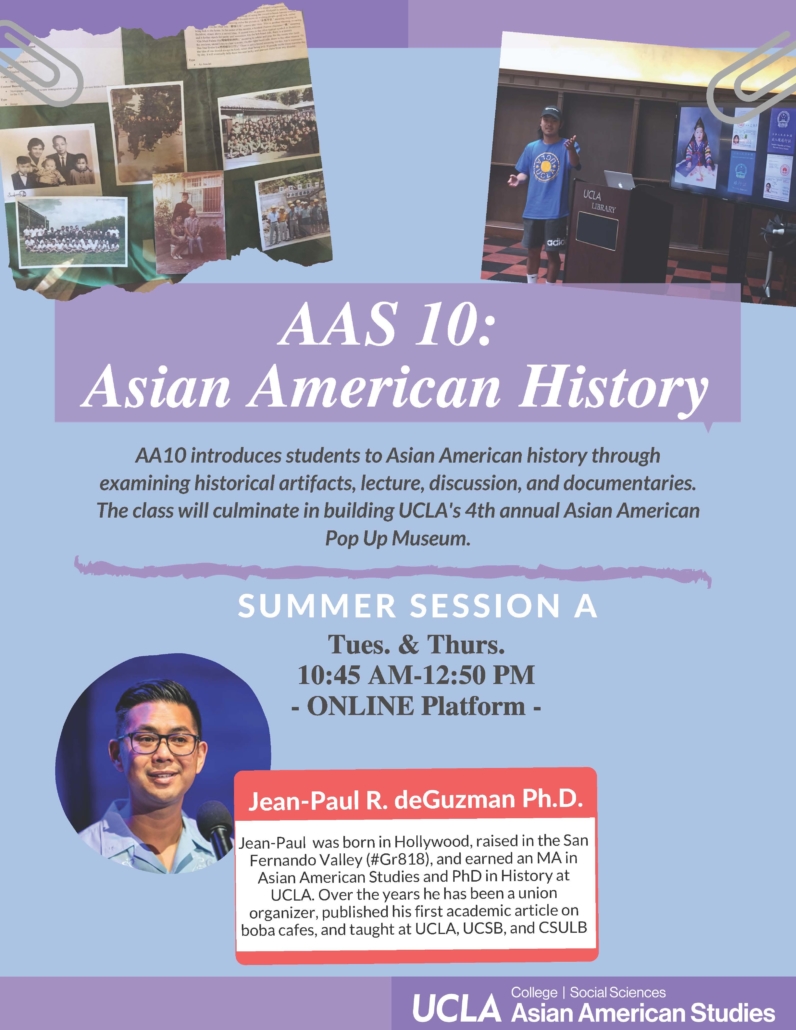
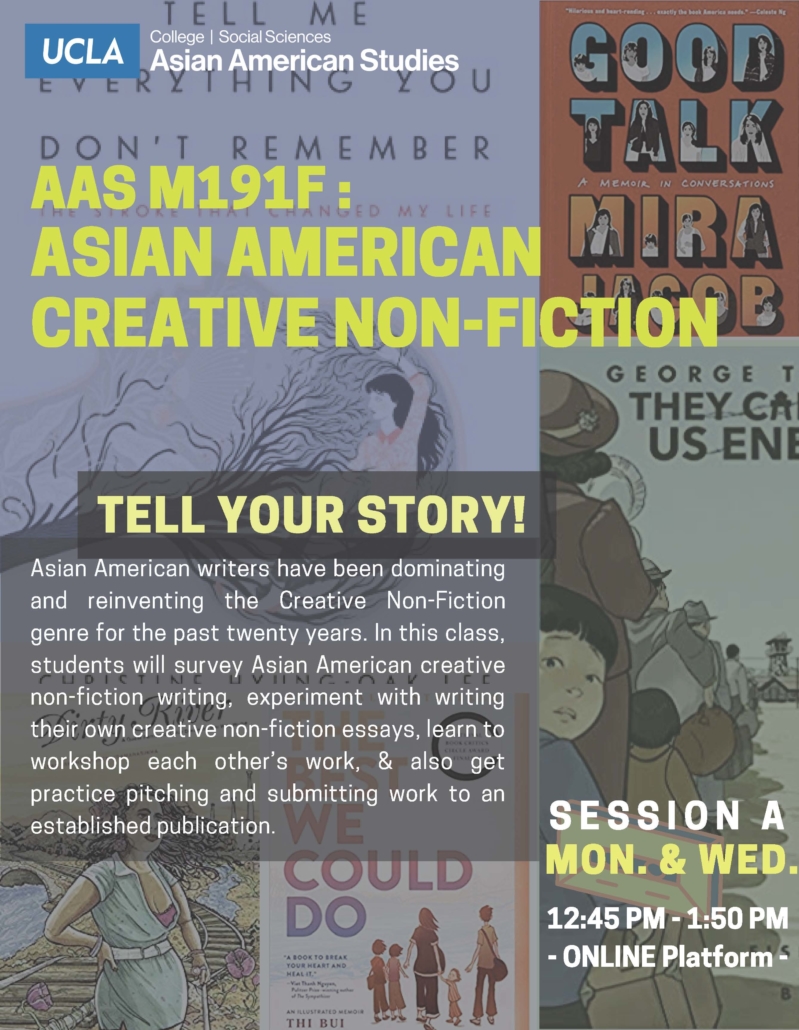
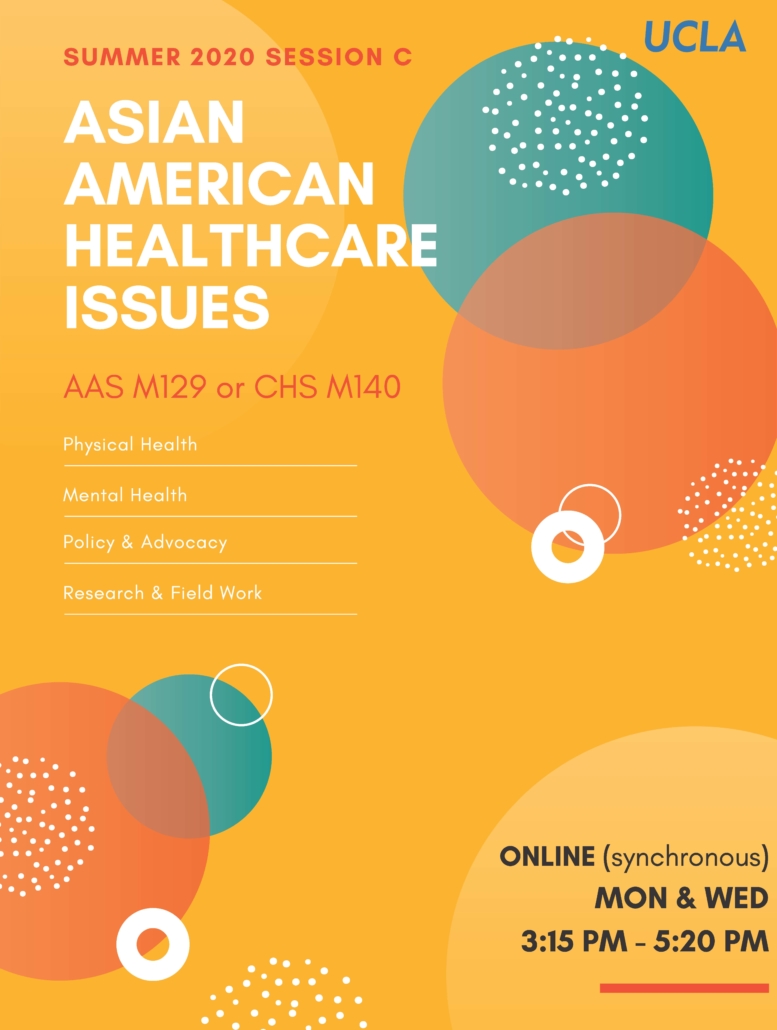

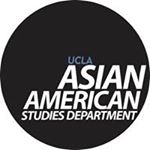

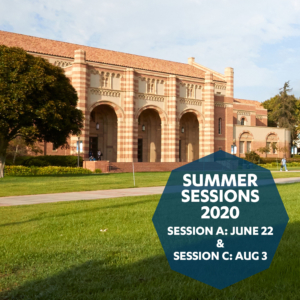 Have you always wanted to take a course in the social sciences?
Have you always wanted to take a course in the social sciences?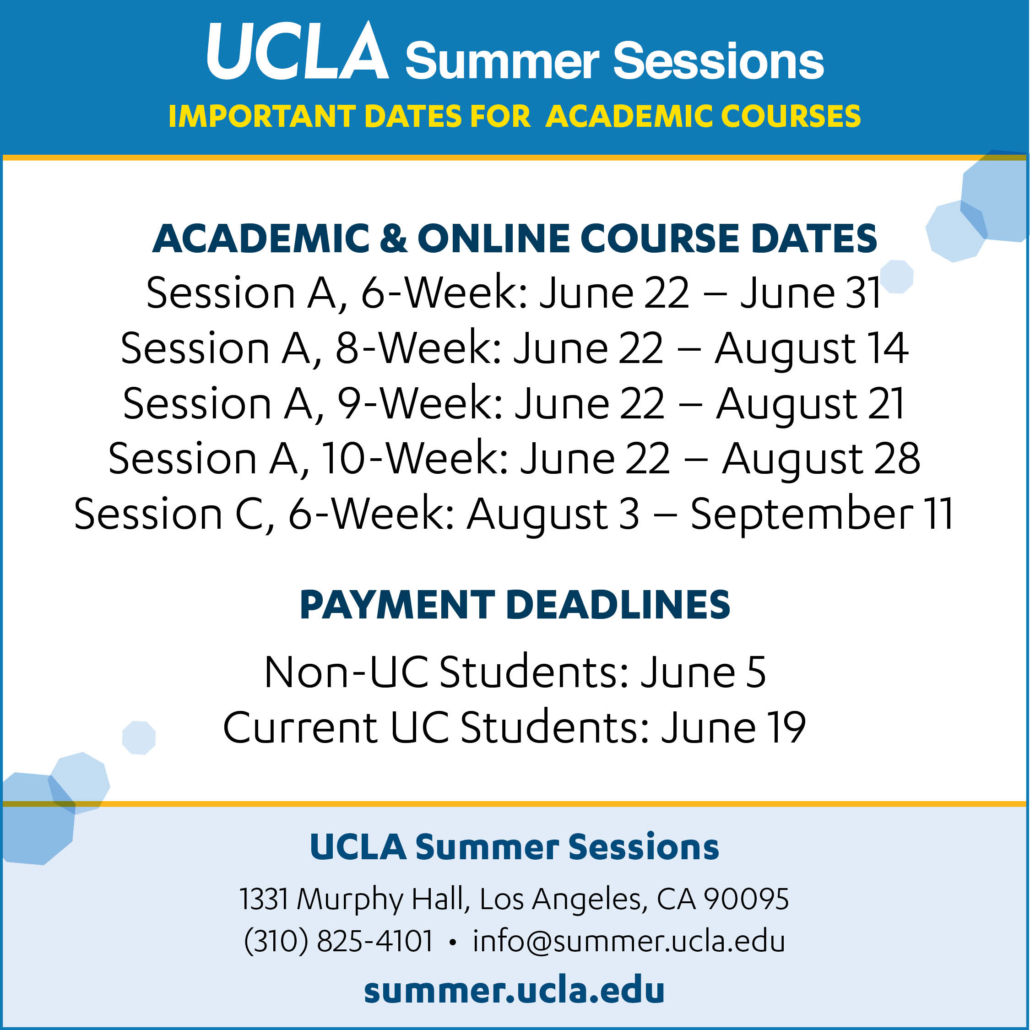


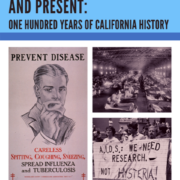
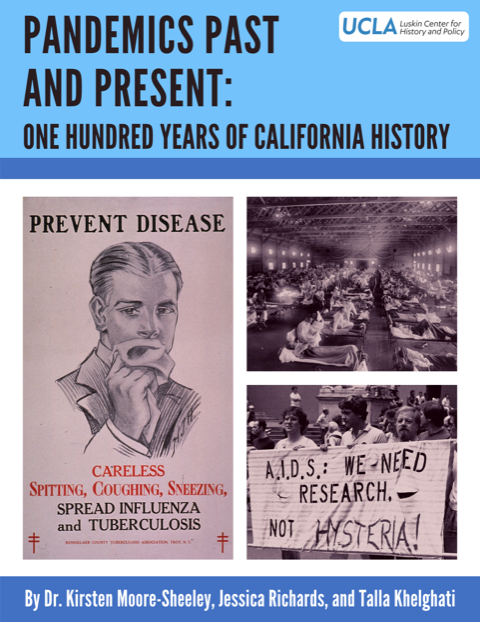



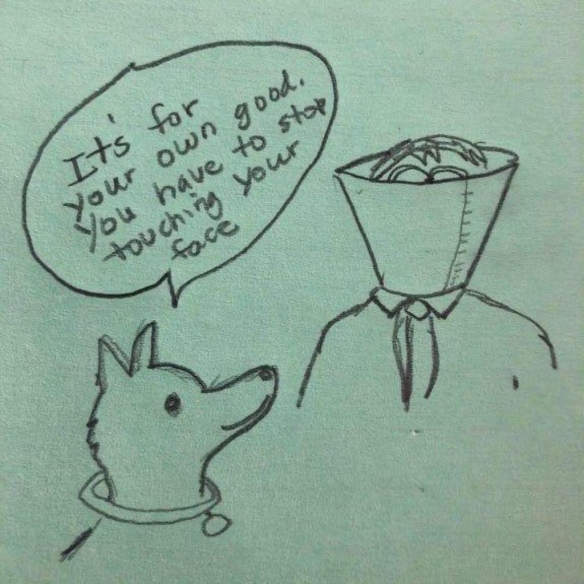
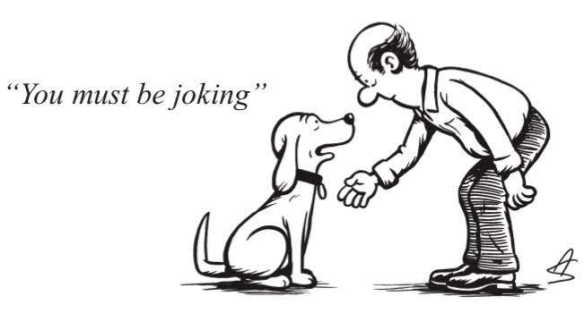


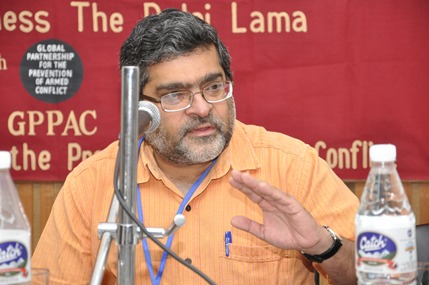 Professor
Professor 

